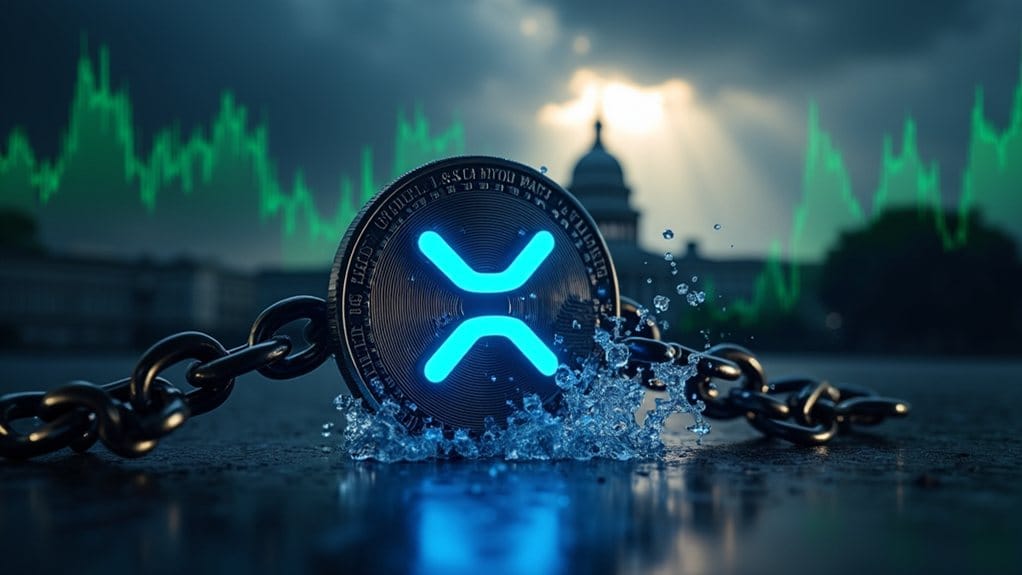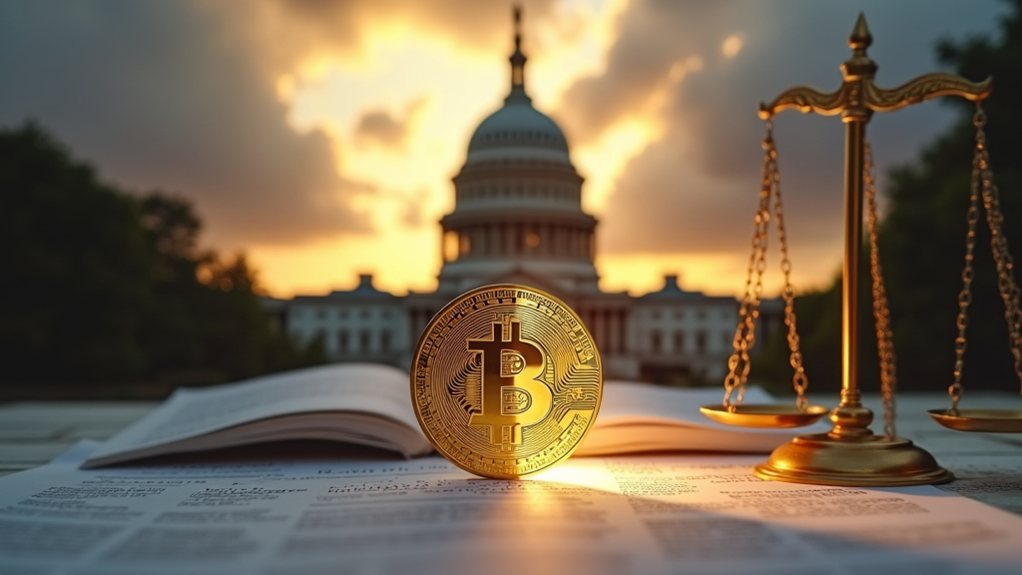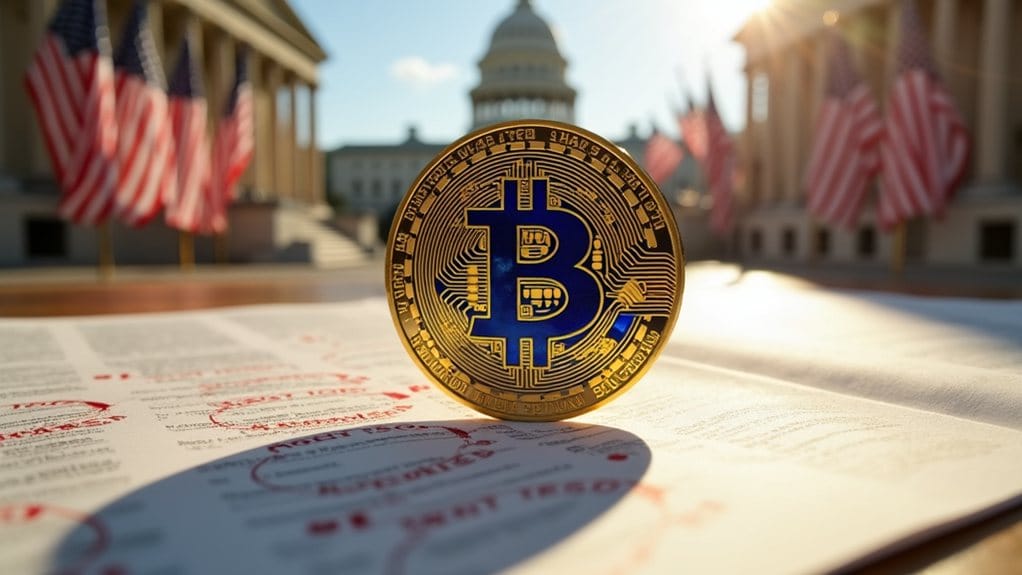Why, after nearly four years of contentious litigation, would the Securities and Exchange Commission consider abandoning its high-profile case against Ripple Labs? The answer may lie in the notable leadership transformation occurring within the regulatory body, as interim Chair Mark Uyeda assumes control following Gary Gensler’s departure, potentially signaling a strategic shift in the agency’s enforcement priorities regarding digital assets.
The lawsuit, initiated in December 2020, accused Ripple of selling XRP as an unregistered security—a claim that has faced considerable scrutiny from both legal experts and cryptocurrency enthusiasts. Despite achieving a partial victory during summary judgment in 2024, Ripple still faces a $125 million fine and an injunction prohibiting XRP sales to institutional investors, penalties their legal team is actively working to mitigate through ongoing settlement negotiations.
Recent developments have fueled speculation about the SEC’s willingness to continue the case, particularly following the agency’s acknowledgment of an XRP ETF application, which many analysts interpret as a significant shift in regulatory stance.
Settlement talks have repeatedly delayed the case’s resolution, with both parties engaged in appeals as vital deadlines approach, including Ripple’s imminent appellate brief submission. The SEC’s removal of the Ripple lawsuit from its official website in January further indicates a possible case abandonment strategy.
Legal experts predict notable developments before April 16, 2025, with mounting evidence suggesting the SEC’s position may be weakening due to uncertainty about whether violations actually occurred. According to prominent attorney Jeremy Hogan’s analysis, the case may not reach its official conclusion until May 2025. The unique regulatory challenges presented by this case distinguish it from other cryptocurrency enforcement actions, potentially establishing key legal precedent for future digital asset classification.
For the broader cryptocurrency market, the case’s resolution carries substantial implications. A favorable outcome for Ripple could not only enhance XRP’s value but provide regulatory clarity for other digital assets facing similar scrutiny. Unlike in traditional finance, Ripple’s XRP operates continuously without the time restrictions that limit CeFi trading to specific market hours.
The XRP community remains cautiously optimistic as the case progresses toward what many believe will be a resolution within the initial half of 2025, potentially ending a regulatory battle that has notably constrained Ripple’s business operations and institutional adoption prospects for nearly half a decade.








